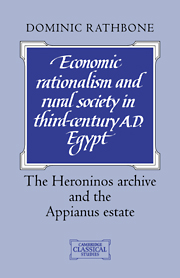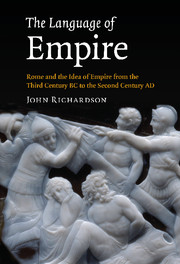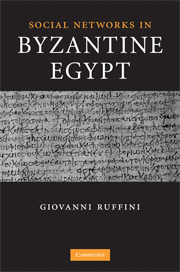Economic Rationalism and Rural Society in Third-Century AD Egypt
This book reconstructs the life and workings of a large private estate in Egypt under Roman rule in the third century AD, on the basis of hundreds of surviving letters and accounts written on papyrus. Topics include the social and economic position of the estate's owners, managers and workforce, its production and marketing of crops and its system of accounting, which is the most sophisticated yet known from the ancient world, and challenges the common belief that economic thought and practice were uniformly "primitive" in the ancient world.
The second section of the book includes the Heroninos archive in both the Greek texts and English translation, which will prove an invaluable reference source for historians of Egypt under Roman rule.
- Growing interest in Roman Egypt
- Valuable presentation of papyrus records
Reviews & endorsements
"...Rathbone's preliminary study offers the historian invaluable evidence on the accounting systems and high degree of monetization of estates in Roman Egypt during a time when inflation reputedly was driving most to abandon the use of coins. Rathbone has done a fine service to future scholars by assembling the published papyri of this family, and his book will serve as the basis for the organization of the rest of Appianus' records." Choice
Product details
July 2007Paperback
9780521037631
512 pages
215 × 133 × 28 mm
0.665kg
Available
Table of Contents
- List of figures and map
- List of tables
- Preface
- List of abbreviations and notes for the reader
- 1. The archive and the estate
- 2. Owners and managers
- 3. Permanent labour
- 4. Occasional labour
- 5. Lessees and other contractors
- 6. Production on the phrontides
- 7. Transport, marketing and monetisation
- 8. The accounts
- 9. Conclusions
- Appendix I. Papyrological matters
- Appendix II. Measures and prices of wheat and of wine
- Indexes.






